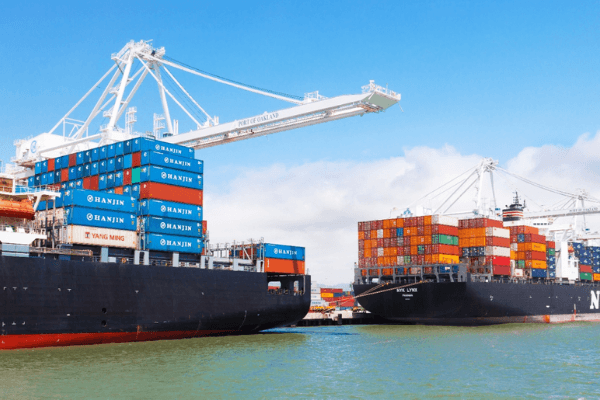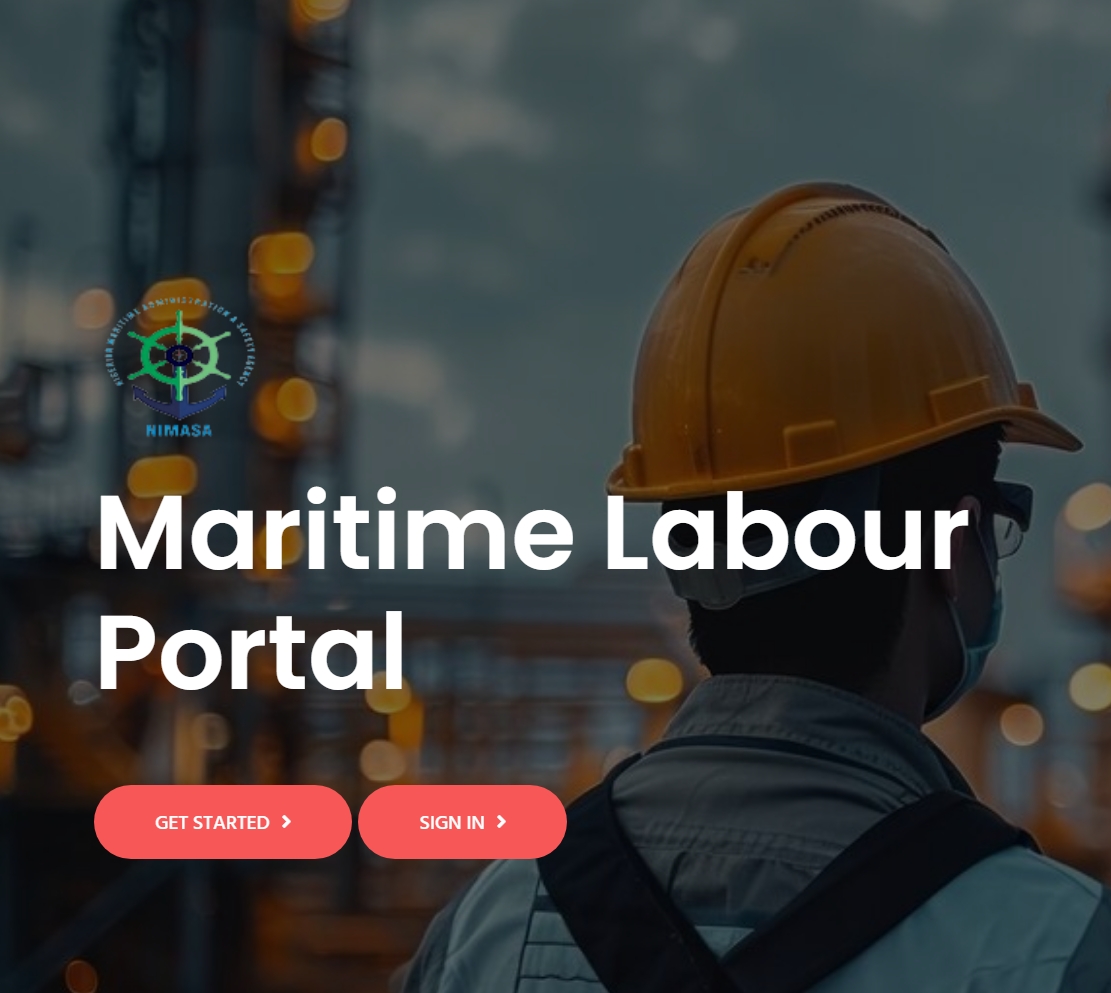NSC-IOPC Fund Secretariat
INTRODUCTION
Compensation for oil pollution damage caused by spills from oil tankers is governed by an international regime developed under the auspices of the International Maritime Organization (IMO). The framework for the regime was originally the 1969 International Convention on Civil Liability for Oil Pollution Damage (1969 CLC) and the 1971 International Convention on the Establishment of an International Fund for Compensation for Oil Pollution Damage (1971 Fund Convention). The old regime was amended in 1992 by two Protocols now known as the 1992 CLC and the 1992 Fund Convention. The 1992 Conventions entered into force on 30th May 1996. The 1971 Fund Convention ceased to be in force on 24th May 2002, when the number of 1971 Fund Member States fell below 25.
The 1992 Civil Liability Convention governs the liability of shipowners for oil pollution damage by laying down the principle of strict liability for shipowners and creating a system of compulsory liability insurance. The shipowner is normally entitled to limit his liability to an amount which is linked to the tonnage of his ship.
The International Oil Pollution Compensation Fund 1992 (1992 Fund) was established under the 1992 Fund Convention to provide compensation for victims who do not obtain full compensation under the 1992 Civil Liability Convention. By becoming Party to the 1992 Fund Convention, a State becomes a Member of the 1992 Fund. The 1992 Fund is financed by contributions levied on any person who has received in a calendar year more than 150,000 tons of crude oil or heavy fuel oil after sea transport in a 1992 Fund Member State.
Nigeria denounced her membership of the 1969 CLC and the 1971 Fund and ratified the 1992 CLC and 1992 Fund in May 2002. Thus Nigeria became a full Member in May 2003, one year after ratification. The membership has therefore given Nigeria both participatory and financial obligations.
THE IOPC FUNDS
The International Oil Pollution Compensation Funds (IOPC Funds) are two intergovernmental organizations (the 1992 Fund and the Supplementary Fund) established by States for the purpose of providing compensation for victims of oil pollution damage resulting from spills of persistent oil from tankers.
The international regime of compensation for damage caused by oil pollution is currently based on two international conventions: the 1992 Civil Liability Convention (1992 CLC) and the 1992 Fund Convention. These Conventions were adopted under the auspices of the International Maritime Organization (IMO), a specialized agency of the United Nations. The 1992 Civil Liability Convention provides a first tier of compensation which is paid by the owner of a ship which causes pollution damage.
Nigeria is Party to the CLC 1992 and the 1992 Fund Convention.
NATIONAL LEGISLATION
Both the CLC 1992 and FUND 1992 have been made part of Nigerian Law by virtue of the:
- International Convention on Civil Liability for Oil Pollution Damage (Ratification and Enforcement) Act, 2006.
- International Convention on the Establishment of an International Fund for Compensation for Oil Pollution Damage 1971 as amended (Ratification and Enforcement) Act, 2006.
- Merchant Shipping Act, 2007.
NATIONAL STANDING COMMITTEE FOR IMPLEMENTATION OF IOPC FUNDS AND OTHER RELATED MATTERS IN NIGERIA (NSC-IOPC)
For ease of implementation of the two Conventions -1992 Funds Convention and the related Civil Liability Convention (CLC) in Nigeria, Nigeria as a State Party to the Conventions since May, 2003, through the Honorable Minister of Transport, a National Standing Committee (NSC) for Implementation of IOPC Funds and other related matters in Nigeria (NSC-IOPC) was established in September 2004 with membership from public and private sectors precisely relevant Ministries, Departments and Agencies, Oil and Shipping Companies, and NGOs. The NSC-IOPC is chaired by the Permanent Secretary of the Federal Ministry of Transportation while Nigerian Maritime Administration and Safety Agency (NIMASA) is the Secretariat, and therefore Agency statutorily responsible for the Implementation of all IMO Conventions to which Nigeria is Party. The Agency also has the funding responsibility to the Committee
The NSC-IOPC Funds was set-up to put in place necessary tools to manage claims from oil pollution and other instruments to ensure Nigeria carries out her obligations towards the 1992 Fund Convention. An important term of reference for the committee is to develop the Standard Operating Procedure for IOPC Funds Implementation in Nigeria.
To deal with the various objectives of the NSC, the following five (5) Sub-committees were established in October 2016:
- Sub-Committee on Fish Stock/Fisheries;
- Sub-Committee on Identification of Receivers of Contributing Oil;
- Sub-Committee on Compilation of Oil Report;
- Sub-Committee on Claims Handling;
- Sub-Committee on Pricing Index.
The National Standing Committee (NSC) hold its meetings in Lagos and Abuja, and has recorded some landmark achievements, which include but not limited to the development of the Standard Operating Procedure (SOP) for IOPC Funds Implementation in Nigeria, which was commended and reviewed by the IOPC Funds Secretariat in London and Prompt payment of contributory levy to the IOPC Funds Secretariat. The SOP is to be reviewed and updated annually in line with the existing trend.
DAMAGE COVERED BY THE IOPC FUNDS
Anyone in a Member State of the 1992 Fund who has suffered pollution damage caused by oil transported by a tanker can claim compensation from the shipowner/insurer, the 1992 Fund and, if applicable, the Supplementary Fund. This applies to individuals, businesses, local authorities and States.
To be entitled to compensation, the damage must result from oil pollution and have caused a quantifiable economic loss. The claimant must be able to show the amount of his loss or damage by producing accounting records or other appropriate evidence.
An oil pollution incident can generally give rise to claims for five types of damage:
- property damage;
- costs of clean-up operations at sea and on shore;
- economic losses by fishermen or those engaged in mariculture;
- economic losses in the tourism sector; and
- costs for reinstatement of the environment
Claims against the 1992 Fund are assessed according to criteria established by governments of Member States.
These criteria, which apply to all three Funds, are set out in the 1992 Fund’s Claims Manual, which is a practical guide on how to present claims for compensation.
STANDARD OPERATING PROCEDURE FOR IOPC-FUNDS IMPLEMENTATION IN NIGERIA (SOP-IOPC)
An important term of reference for the NSC-IOPC is to develop the Standard Operating Procedure for IOPC Fund Implementation in Nigeria (SOP-IOPC), which will provide the criteria for assessing claims by victims of oil pollution incidents. The objectives of the SOP-IOPC are to:
- Assist and guide Nigeria’s maritime administration, associated government agencies, claimants, insurance companies, claims handlers and other relevant stakeholders to achieve successful claims recovery; and
- Clearly outline principles, standards and best practices to achieve better understanding between the claimant and national authorities during a claim settlement process.
OIL SPILL REPORTING PROCEDURES
Upon observation of a spill, or within 2 hours of being made aware of a spill in the marine environment, the polluter, or spill observer, is to notify NIMASA by contacting the Regional Maritime Rescue Co–Ordination Centre (RMRCC) on the emergency contact number 070537994383, 08030685167 providing the following information:
- Location of spill
- Quantity of product spilt/estimation of size of spill
- Type of product spill
- Source of spill if known
- Is the spill continuous or has it been mitigated at-source?
- Local sea state and prevailing weather conditions
Following the initial notification, the polluter is to complete a pollution report (POLREP) form within 12 hours of notification and email the completed form to the addresses below:
Email RMRCC: – rmrcc.lagos@nimasa.gov.ng
Email NIMASA: -info@nimasa.gov.ng
Click here to Download POLREP Form
After receiving a notification of a spill incident, NIMASA is to notify the NOSDRA headquarters to activate the NOSCP first verbally and then by forwarding the POLREP form received from the polluter. Twelve hours after submitting the POLREP form to NIMASA the polluter is to supply NIMASA with a Situation Report (SITREP) update. It will then be the responsibility of NIMASA to forward on the information to the NOSDRA headquarters, or the National Command and Control Response Centre (NCCRC), and the IMO. A SITREP form should be completed by the polluter and submitted to NIMASA every 24 hours until the response is terminated.
NB: In addition to the above detailed procedures, in any unfortunate event of an oil spill, the Agency informs the Honorable Minister of Transportation within 48 hrs. If the spill is of large scale and resulting in serious pollution damage, the Honorable Minister activates the Marine Board which investigates the scale of the pollution by inviting all affected victims.
Many oil spills which give rise to claims, will be paid by the monies available from the limitation fund established by the shipowner in accordance with the compulsory insurance provisions within the 1992 Civil Liability Convention. If however the spill is large, the monies available under the shipowner’s limitation fund may be insufficient to pay all admissible claims, so the 1992 Fund may become involved to pay compensation over and above that available from the shipowner or its insurer.
At the end of the Marine Board’s investigation, all necessary documentation for claims are submitted either to the shipowner, the shipowner’s insurer or to the IOPC Fund Secretariat through the Nigeria’s APR-IMO.
SUBMISSION AND ASSESSMENT OF CLAIMS
Anyone who has suffered ship-source oil pollution damage from a ship as defined in Article I(1) of the 1992 CLC in Nigeria, may make a claim for compensation and submit claims directly through the office of the P&I Club’s correspondent closest to the incident location or to the P&I Club directly. In incidents which involve the 1992 Fund, claims may also be sent to the IOPC Funds or the claims office it may establish in Nigeria.
NB: Detailed information on submission and assessment of claims are contained in the STANDARD OPERATING PROCEDURE (SOP).
Contributing Oil Report Form
TEMPLATE FOR NIGERIA’S DATABASE OF RECEIVERS OF CONTRIBUTING OIL
CONTACTS
For further enquiries, please contact:
The NSC Secretariat
Nigerian Maritime Administration and Safety Agency
Marine Environment Management Department
4, Burma Road, Apapa.
Lagos.
Email: nsc-iopcfundsec@nimasa.gov.ng
Phone: 08144796389
For further information, visit: www.iopcfunds.org;


